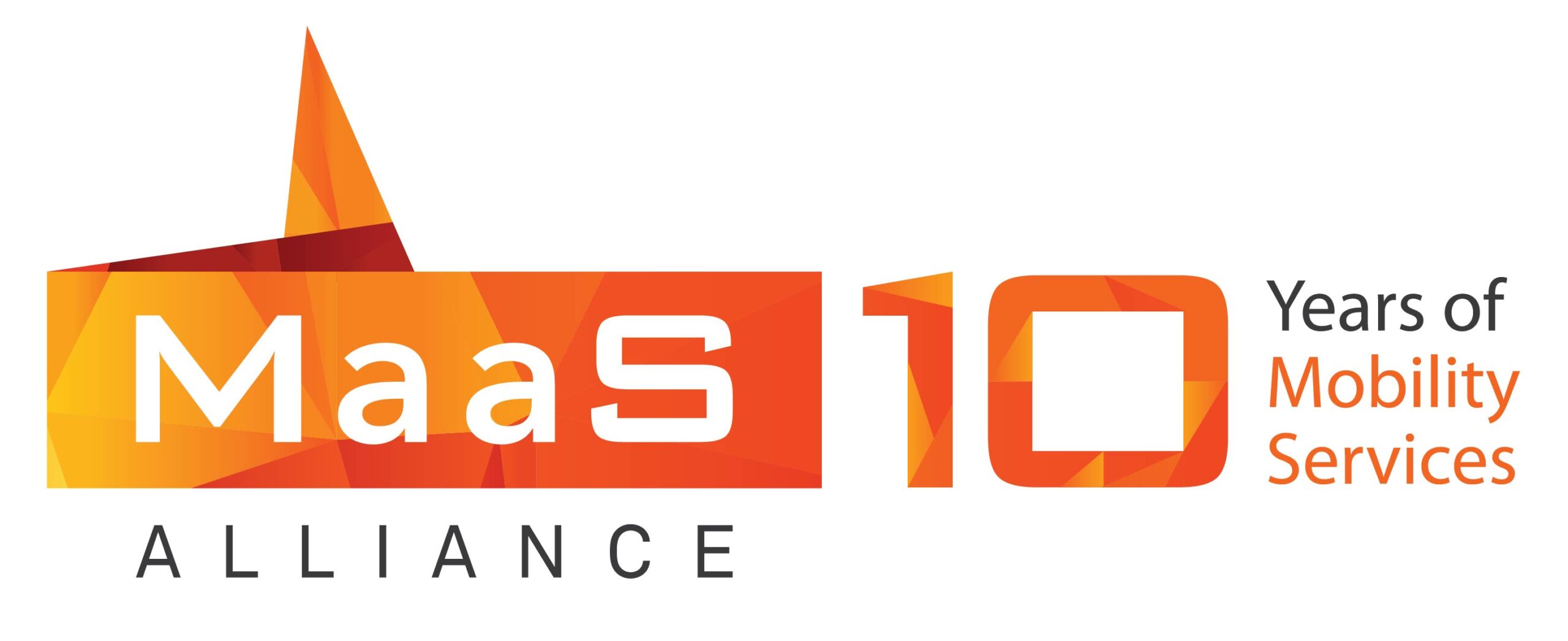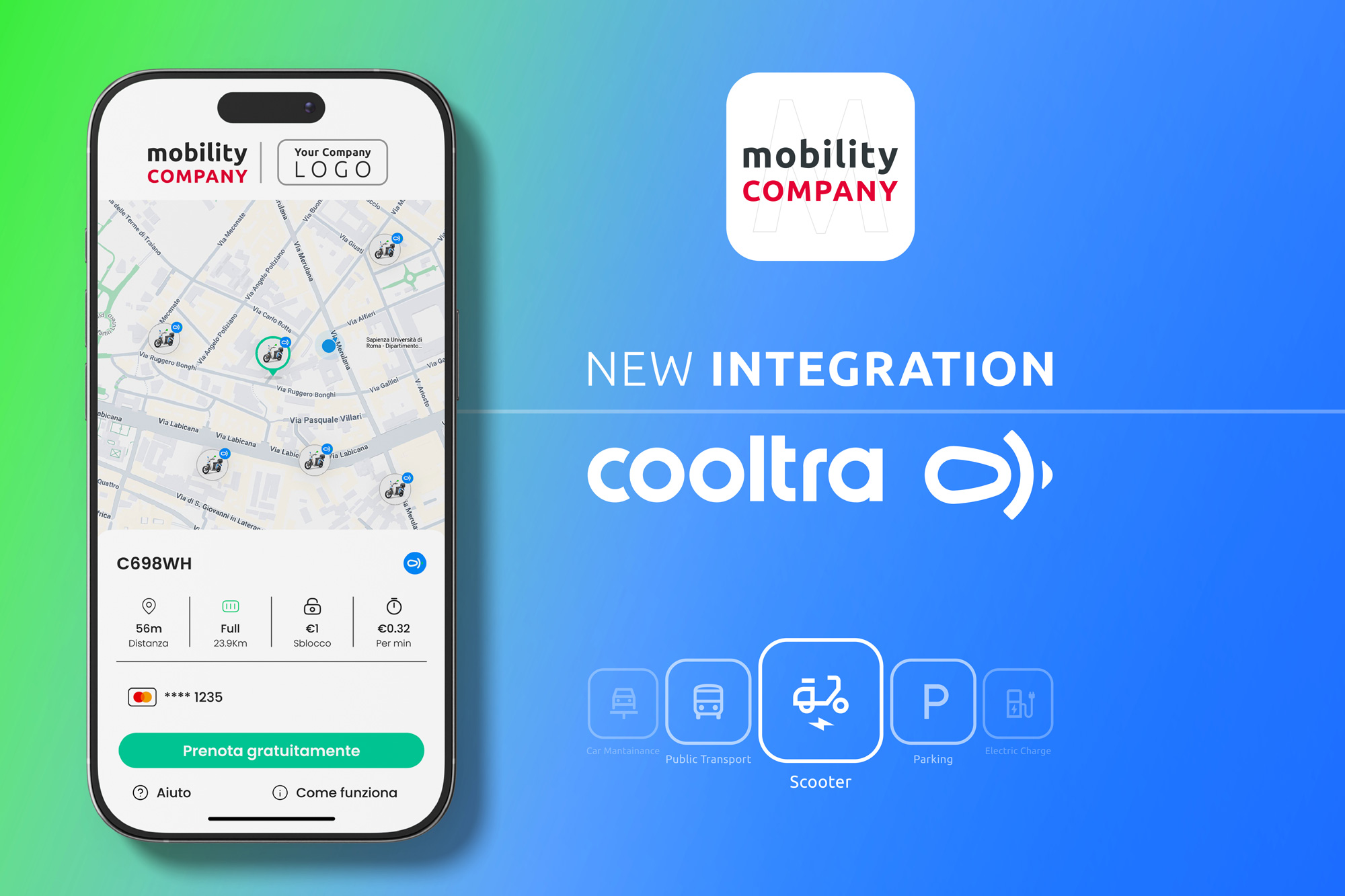
- Delivers efficient and robust powershift transmission for coaches with up to 2,800 Nm of engine torque.
- Offering exceptional driving and braking capabilities, EcoLife CoachLine reduces fuel consumption by up to three percent.
- Sets a new standard of transmission performance, efficiency and driving comfort.
Friedrichshafen, Germany. ZF’s Commercial Vehicle Solutions (CVS) division has set a new industry benchmark in coach transmission system performance and efficiency with the unveiling of EcoLife CoachLine. The second generation of its proven six-speed automatic transmission, EcoLife CoachLine is suitable for coach applications, whether operating in a city, inter-city or even a challenging, steep mountain track. It offers advantages for customers, including outstanding passenger comfort and significant fuel savings of up to three percent, compared to the previous generation.
“Environmentally and economically smart, EcoLife CoachLine sets a new standard of transmission performance, efficiency and driving comfort for even the most demanding coach applications, from city streets to mountain roads,” said Dr. Jochen Witzig, who is responsible for transmission systems at ZF’s Commercial Vehicle Solutions division.
“Given the continued predominance of traditionally internal combustion engine powered buses in public transport and long-distance travel worldwide, it is vital that we focus on delivering ever-higher levels of fuel efficiency to help reduce emissions. EcoLife achieves this and so much more,” added Dr. Witzig.
Setting a new Performance Benchmark
Fuel savings of up to three percent over the previous generation EcoLife are possible thanks to EcoLife CoachLine’s innovative start/stop function which saves fuel during the entire transmission service life. The powershift transmission has an optimal gear ratio spread from 3.36 to 0.59. This is powerfully combined with a particularly high level of mechanical efficiency, ensuring that the vehicle operates in the optimum engine speed range at all times.
Further enhancing driver comfort, effortless gear shifting has been enabled using ZF’s TopoDyn Life software controls. Using driving resistance-dependent shift controls, the program ensures the right gear is always selected as the topography changes. The hydrodynamic torque converter with standard torsional damper enables high input torques to be achieved at relatively low engine speeds. The key benefits of this include noise reduction as well as lowering fuel consumption.
An innovative, integrated primary retarder and dual cooling set-up enable the highest level of braking power to always be available – even at low speeds. The dual cooling system features a large retarder heat exchanger and an integrated transmission heat exchanger. This ensures longer retarder braking and greater retarder availability – important features given that coaches frequently operate for longer periods on steep mountain tracks and over greater distances. Effectively reducing the strain on the vehicle’s service brakes and protecting against overheating, the dual cooling system also extends oil-change intervals by up to 480,000km. Overall, the numerous improvements lead to higher energy efficiency, CO2-reduction and improved TCO.
Additionally, EcoLife CoachLine increases the digitalization of servicing and maintenance to help not simply predict breakdowns but to prevent them from happening. By providing predictive maintenance and preventive service package, maintenance and repair costs are reduced, required work is more easily planned and vehicle uptimes enhanced.
Launched on January 1, 2022, ZF’s Commercial Vehicle Solutions (CVS) division has a mission to help shape the future of commercial transportation systems by being the preferred global technology partner to the commercial vehicle industry. Employing approximately 25,000 people across 28 countries, the division powerfully combines ZF’s commercial vehicle systems expertise, extensive technology portfolio and global operations, to innovate and supply components and advanced control systems for increasingly autonomous, connected, and electrified (ACE) vehicles. ZF CVS division unites ZF’s former Commercial Vehicle Technology and Commercial Vehicle Control Systems divisions, the latter being formed following ZF’s acquisition of WABCO in Spring 2020.
Source: ZF



